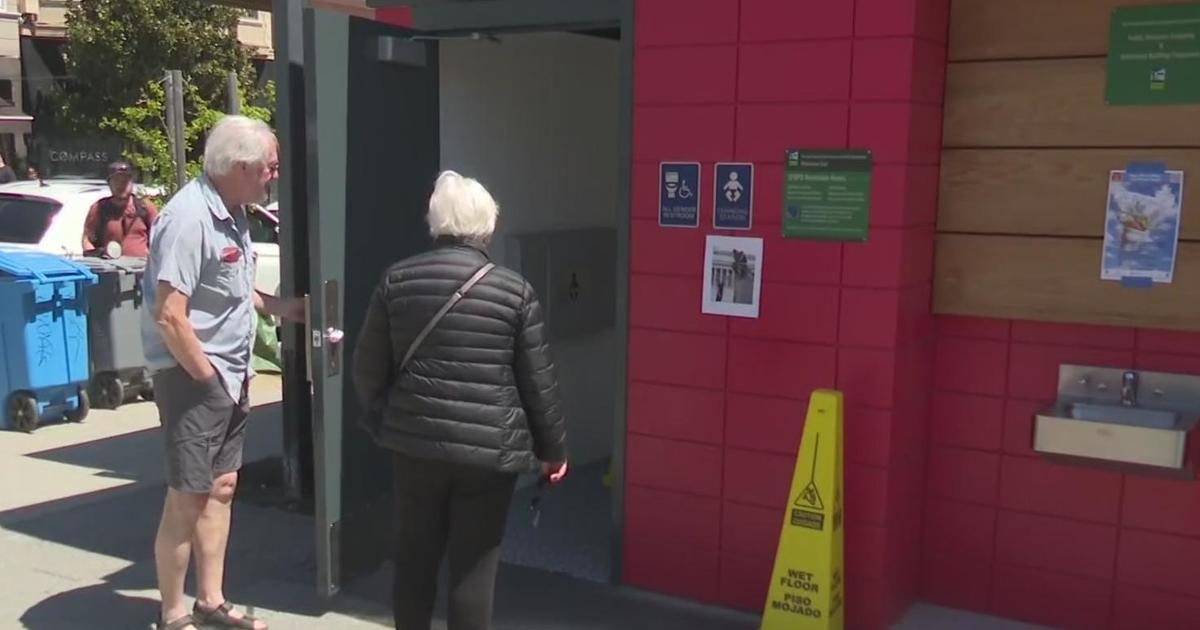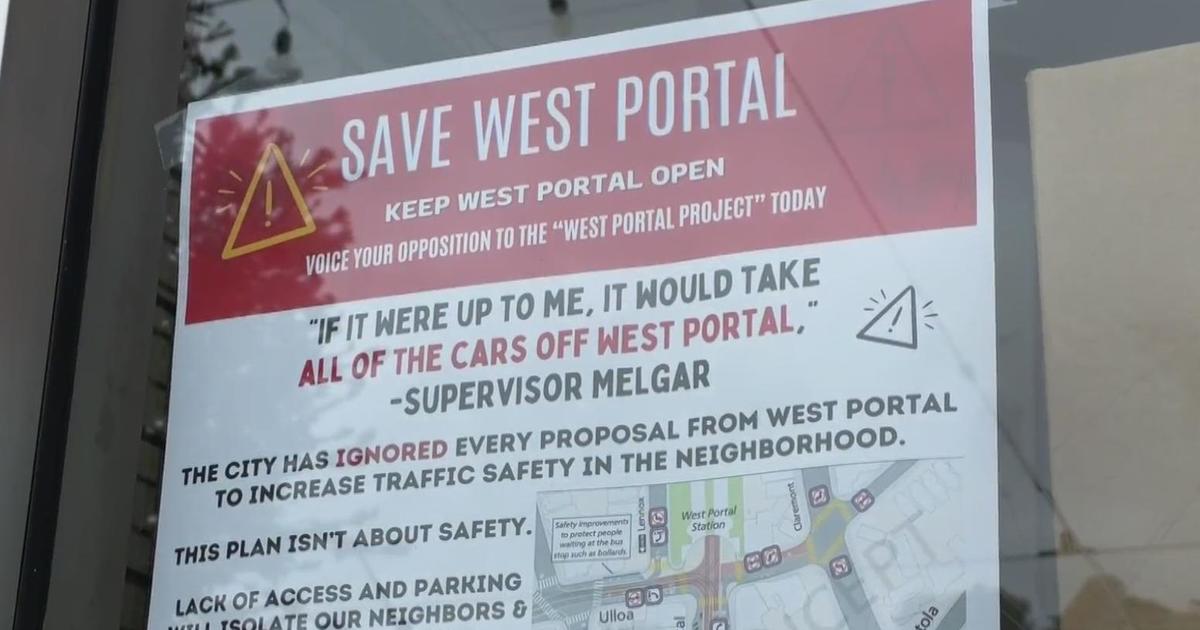Startup Builds Dorms For Adults In Tenderloin As Waiting List Grows
SAN FRANCISCO (KPIX 5) -- Amid the housing crisis, a San Francisco company that build dorms for adults claims it has 13,000 people on its waiting list and is working on its biggest project yet.
In the heart of the Tenderloin on Ellis Street, inside a former Turkish bath built in the early 1900s, the new kind of communal space is going up.
CEO Jon Dishotsky co-founded the development startup Starcity to help solve the city's housing crisis for the backbone economy - the restaurant workers, teachers and nurses.
Starcity's tenants generally make $50,000 to $90,000 a year. The San Francisco Planning Commission just approved what will be a 52-unit co-living project. It is the company's biggest development yet.
• ALSO READ: Cheapest House For Sale In San Francisco Isn't Cheap At All
"Our customers are really left with three options if they don't live with us," Dishotsky told KPIX 5. "They can commute two hours outside the city, they can fit four people to a three bedroom by putting a wall up in the living room and calling that a room or they can pay 50 to 60% of their income toward housing costs. And that's unsustainable."
The project at 229 Ellis is expected to be complete at the end of the year. Units max out at 250 square feet and include a private bathroom. Tenants share a kitchen, media room, and have access to amenities including an arts and crafts room.
"By having sort of a more experiential living situation people can connect more, they can put their phone down and have a conversation, and that's really what we hope to get back to," Dishotsky said.
• ALSO READ: San Jose Median Home Price Rose By $1,700 Per Day In Early 2018
Utilities, Wi-Fi, furniture, and common area cleaning services are all included. Rent will range from $1,900 to the low $2,000s a month, in a neighborhood where the average income is about $24,000 a year.
As part of a community benefits agreement, Starcity is partnering with the Compton's Transgender Cultural District to create a retail space, provide job opportunities and work with local non-profits.
Alexandra Goldman with the Tenderloin Neighborhood Development Corporation says she welcomes development, but worries there could be a downside.
"It can provide an incentive for existing SRO owners who have lower income people living in their rooms to evict those people or otherwise remove them so that they can convert to this so that it's a much more lucrative model," Goldman said.



